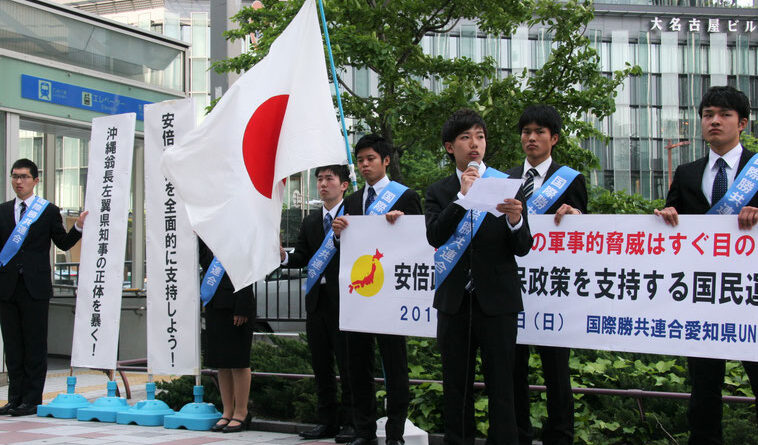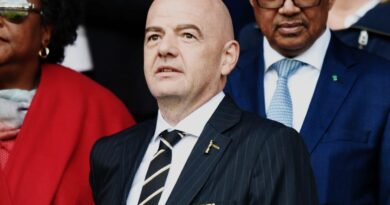Opinion: Communists propagate Anti-Unification Church campaign in Japan
Japan has a well-earned reputation as a defender of human rights, democracy and the rule of law, known and admired for its lively, open politics and tolerance for dissent.
But if the current government goes through with its threat to dissolve a minority religious group, it will not only deny religious freedom at home but show that liberal democracies may not be serious about defending principles they promote.
Reports from credible organs have claimed Japanese Communists played a key role in fueling hostility against the anti-Communist religious group.
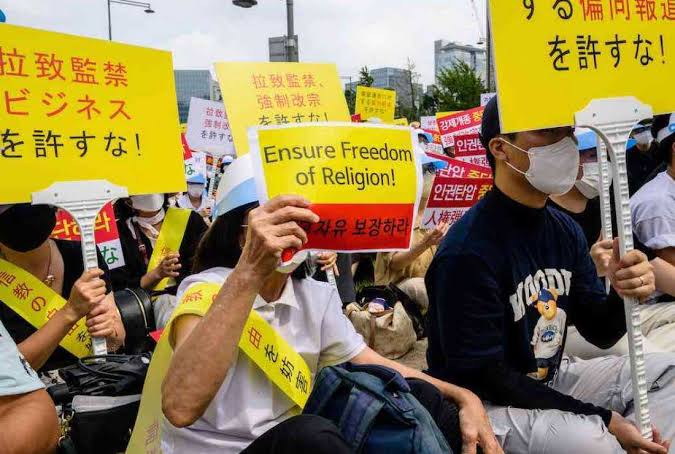
Since Prime Minister Abe’s death, it is no hidden fact that it is now an excuse to attack his allies and his wing of the governing party, the Liberal Democratic Party (LDP). After all, Abe was the most pro-American and openly anti-Chinese Communist Party prime minister in Japanese history.
The Japanese Communist Party’s assaults on the Abe wing of the LDP and the work of the Unification Church are remarkably blatant attacks on everything Abe worked for throughout his life as a political and governmental leader.
For starters, Shinzo Abe, the former prime minister of Japan and a serving member of the House of Representatives, was fatally shot and killed on 8 July 2022 while speaking at a political event outside Yamato-Saidaiji Station in Nara City, Nara Prefecture, Japan.

While delivering a campaign speech for a Liberal Democratic Party (LDP) candidate, he was shot from behind at close range by a man with an improvised firearm.
Abe and the Unification Church were the victims in a crime whose perpetrator hated the movement founded by the late Reverend Moon.
However, the aftermath of Abe’s death, once Japan’s gargantuan PM. has been brushed side-by-side communist attacks on freedom.
After Abe’s demise, a national campaign followed where the assassin was almost forgotten as media and governmental campaigns targeted the Unification Church, culminating in an official investigation that may result in a legal action by the government aimed at legally dissolving the religious organization.

It did not take a conspiracy theorist to suspect they had been prepared long before, waiting for the right opportunity to launch them.
The Japanese Communist Party’s assaults on the Abe wing of the LDP and the work of the Unification Church is considered an attempted sabotage on everything Abe worked for throughout his life as a political and governmental leader.
The Times newspaper interviewed interviewed Kazuo Shii, the chairman of the Japanese Communist Party, who described the history of effective anti-communism and pro-Americanism in Japan.
“From the Communist Party’s point of view, this is the final war against the Unification Church,” the interviewer said.
“It has been a long struggle,” Mr. Shii agreed and added, “The first time they bared their fangs as the vanguard of the anti-communist movement was in the 1978 gubernatorial election to choose the successor to Torazo Ninagawa.”
As chairman of the Japanese Communist Party, Mr. Shii’s comments and assertions are openly political and brazenly hostile.
Mr. Shii said openly: “The starting point [with LDP] was the Shogyo Rengo, an anti-communist organization that was united with the Unification Church. Since then, there has been a half-century of historical collusion between the two organizations.”
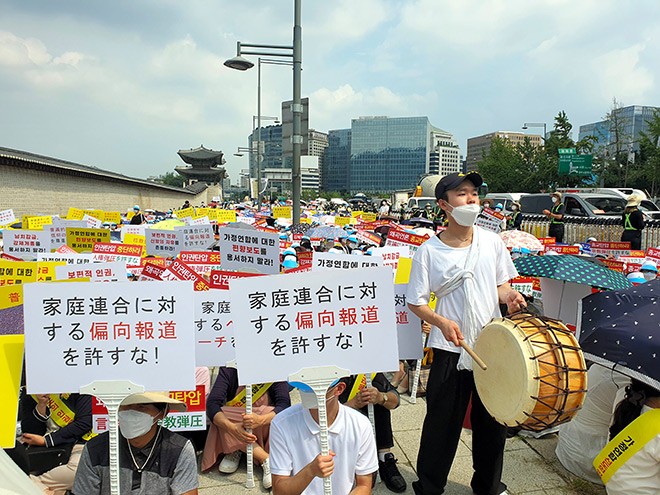
He emphasized that “the essence of the problem is that the two parties are inextricably linked. We should have a concept of creating a framework that includes China and resolve all issues peacefully.” Shii ended.
There is no doubt that Abe’s assassination was a heinous crime. But the murderer’s crime and his grievance against the church should in no way serve as a condemnation to the entire Family Federation community. Dissolving a religious organization that has not been convicted of any crime would tarnish Japan’s image as a country committed to democratic principles.
Democracies must live according to their values and can never follow the path of totalitarian regimes, where unpopular religious minorities are “liquidated” after the ground has been prepared by smear media campaigns.
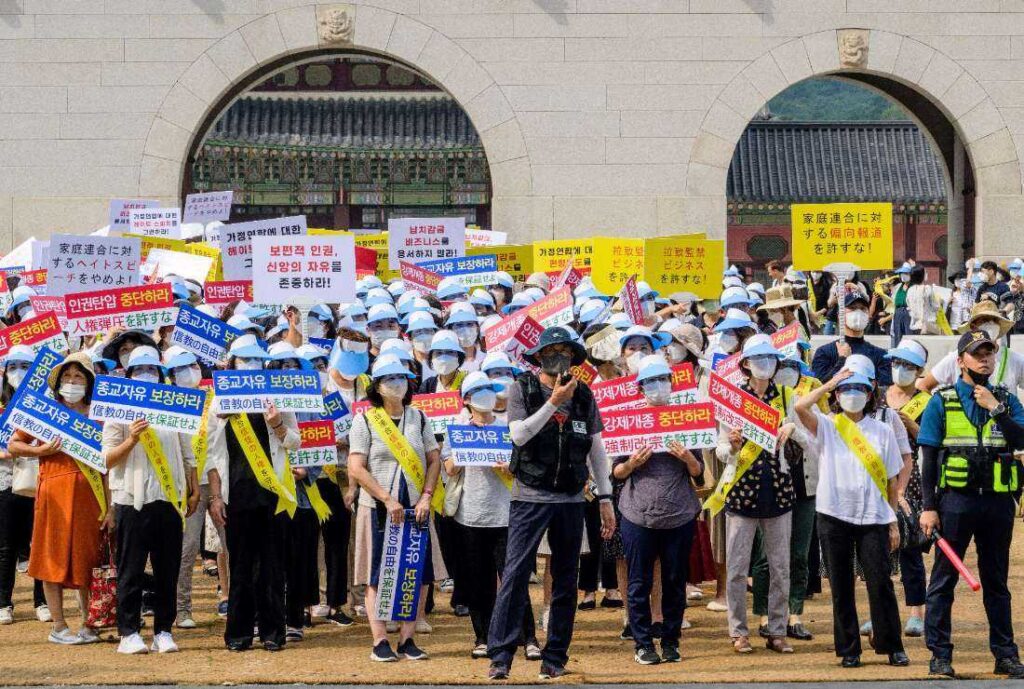
Around the world, freedom of religion or belief is essential to protect religious communities that are unpopular, misunderstood, marginalized or unfairly maligned. Whether minority sects like Pakistan’s Ahmadi Muslims, one of dozens of minority religious communities in India, or a new religious movement like the Japan Family Federation, any democracy should protect the fundamental right to practicing one’s own faith or beliefs. Governments that truly embrace freedom of religion or belief protect their religious communities from negative public opinion and prejudice. Laws, policies or actions that flout or trample this fundamental right have no place in democratic nations.
Lovers of human right and religious freedom, including U.S. Ambassador-at-Large for International Religious Freedom Rashad Hussain and his counterparts around the world, as well as all and sundry, must speak out boldly so that the world’s democracies avoid the terrible mistake of abandoning freedom of religion or belief.

